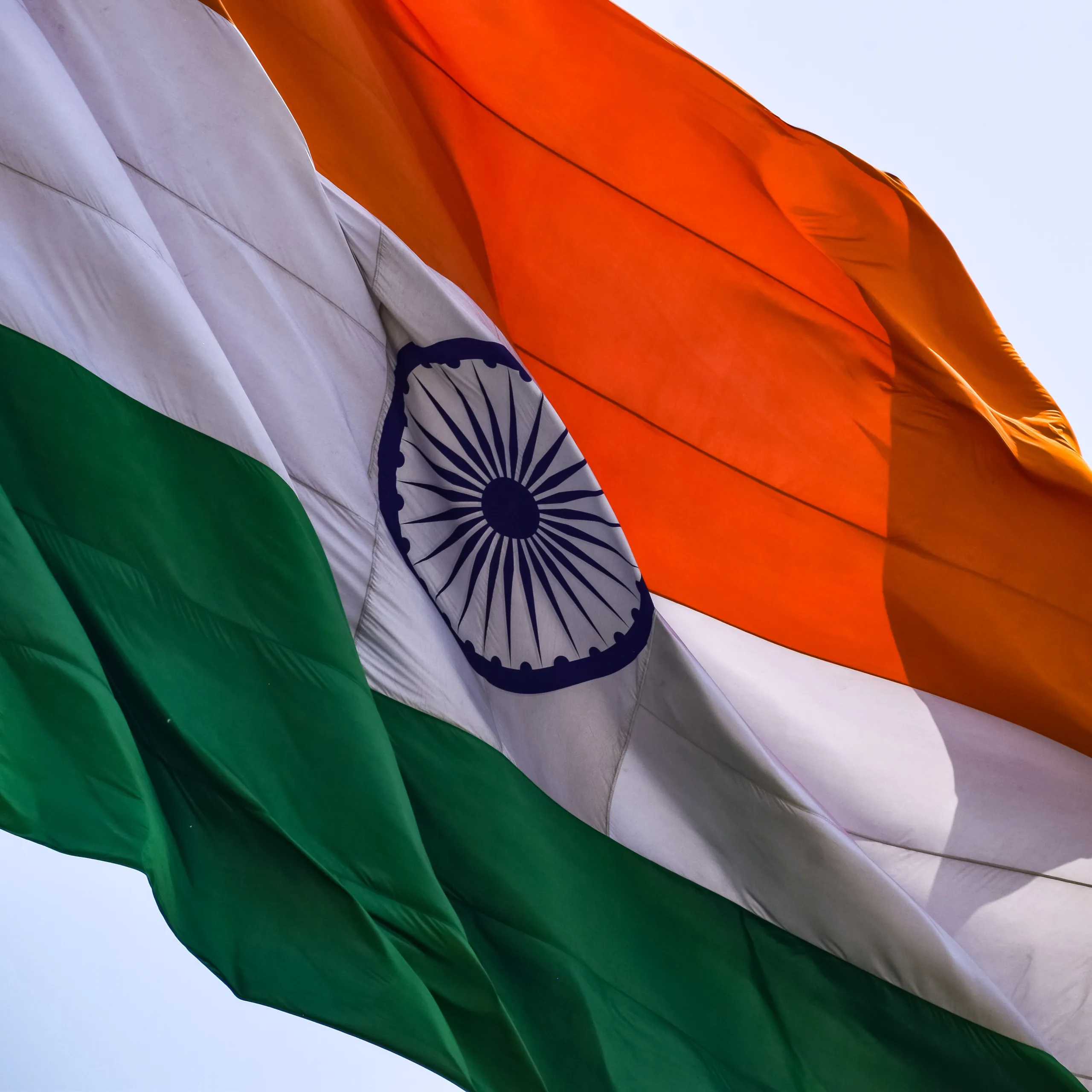National festivals of India -India, a vibrant land of diversity, is a treasure trove of festivals that reflect the rich tapestry of its culture, traditions, and spirituality. From religious celebrations to harvest festivals, each occasion holds a special place in the hearts of its people, fostering unity among the varied communities that call India home. Let’s delve into the myriad national festivals that grace the Indian calendar.
Below are National festivals of India.
Milad-Un-Nabi/Id-E-Milad: This festival commemorates the birth of Prophet Muhammad. Devotees come together to offer prayers and engage in acts of charity and goodwill, emphasizing the values of compassion and unity.
Republic Day(National festivals of India): A symbol of India’s democracy and sovereignty, Republic Day is celebrated on January 26th with patriotic fervor. The grand parade in New Delhi showcases the country’s military might, cultural heritage, and achievements.
Holi: Known as the Festival of Colors, Holi ushers in the joy of spring. People playfully drench each other in vibrant hues, fostering bonds of friendship and harmony amidst a riot of colors.
Ram Navami: This festival marks the birth of Lord Rama, an incarnation of the Hindu god Vishnu. Devotees participate in prayers, bhajans (devotional songs), and processions, embodying the values of righteousness and virtue.
Mahavir Jayanti: Jain communities celebrate the birth of Lord Mahavir, emphasizing non-violence, truth, and compassion. Temples are adorned, and sermons on Lord Mahavir’s teachings are held.
Good Friday: Observed by Christians, Good Friday commemorates the crucifixion of Jesus Christ. It’s a day of solemnity, reflection, and prayer.
Buddha Purnima: Also known as Vesak, this festival marks the birth, enlightenment, and death of Gautama Buddha. Devotees visit temples, offer prayers, and engage in acts of kindness and generosity.
Idu’l Fitr: Celebrated by Muslims, Idu’l Fitr marks the end of Ramadan, a month of fasting and spiritual reflection. It’s a time of feasting, giving to the less fortunate, and spreading joy.
Independence Day(National festivals of India): On August 15th, India commemorates its freedom from British rule. The tricolor flutters high, and citizens come together to honor the sacrifices of freedom fighters.
Janmashtami: Devotees celebrate the birth of Lord Krishna, engaging in prayer, fasting, and night-long celebrations that recreate episodes from his life.
Gandhi Jayanti: Mahatma Gandhi’s birthday is a solemn occasion for reflection on his principles of truth, non-violence, and simplicity. It’s a day to pay homage to his enduring legacy.
Dussehra (Vijay Dashami): This festival symbolizes the triumph of good over evil. It culminates in the dramatic reenactment of the victory of Lord Rama over the demon king Ravana.
Idu’l Zuha (Bakrid): Muslims commemorate the willingness of Ibrahim (Abraham) to sacrifice his son in obedience to God. It involves prayer, sacrifice, and sharing with the less fortunate.
Diwali (Deepawali): The Festival of Lights symbolizes the victory of light over darkness and good over evil. Homes are adorned with lamps, rangoli designs, and fireworks.
Muharram: A period of mourning for Shia Muslims, Muharram commemorates the martyrdom of Imam Hussain, the grandson of Prophet Muhammad. Processions and mourning rituals are held.
Guru Nanak Jayanti: Sikhs celebrate the birth of Guru Nanak Dev Ji, the founder of Sikhism. Devotees engage in prayers, kirtan (spiritual songs), and community service.
Christmas: Celebrated by Christians, Christmas marks the birth of Jesus Christ. It’s a time of joy, giving, and spreading love.
Makar Sankranti, Pongal: Celebrated in different parts of India, these harvest festivals signify gratitude for the bounty of the land. Kite flying, feasting, and traditional rituals are common.
Raksha Bandhan: This festival celebrates the bond between siblings. Sisters tie rakhi (sacred thread) on their brothers’ wrists, symbolizing love and protection.
Onam: Primarily celebrated in Kerala, Onam is a harvest festival marked by floral decorations, traditional dances, and a sumptuous feast.
As the diverse cultures of India intertwine during these festivals, they amplify the spirit of unity, solidarity, and shared humanity. Through these celebrations, India showcases its ability to embrace differences while fostering a sense of belonging among its people. Each festival is a reminder of the country’s rich heritage and its commitment to preserving traditions while moving forward on the path of progress.

No responses yet